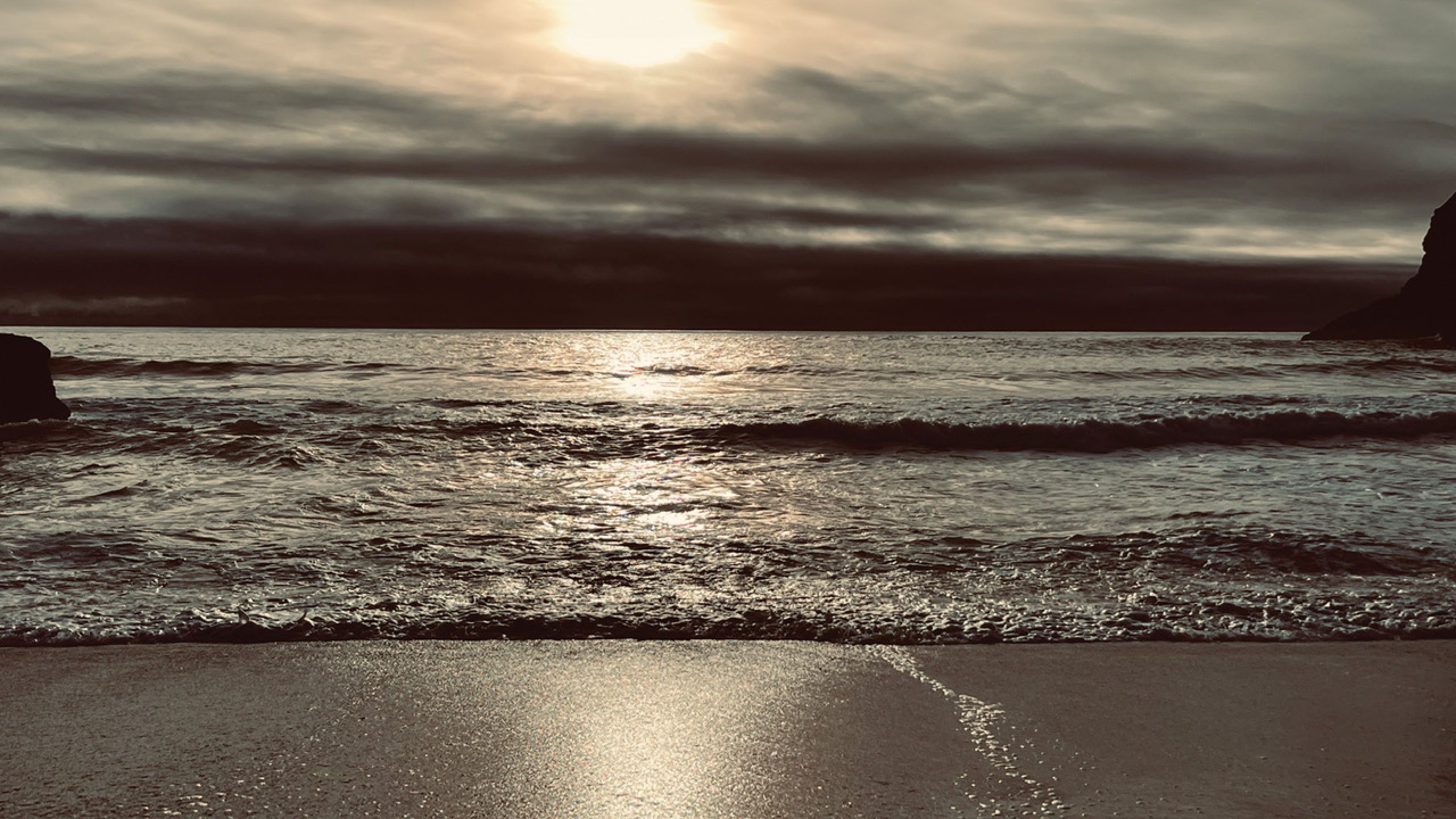Each of these three are pathways to our true nature.
In the Progressive Path, we approach our true nature via a subtle object of experience such as a mantra, the breath, the image of a deity, and so on.
In the Direct Path, instead of giving our attention to an object of experience, we turn our attention around and give it to the subject of experience. This may be initiated with a question such as: ‘what is the essential nature of myself?’ Or: ‘what is the essence of the mind?’ Or: ‘what is it that cannot be removed from me?’ Or: ‘who am I really?’
And then there’s the Pathless Path, in which it is understood that we are already the self, or our essential being. We cannot progress towards ourself, either indirectly or directly, because we are ourself. It would be like asking someone to stand up and take a step towards their body. It’s not possible to do so, either indirectly or directly, because they are already – relatively speaking – their body.
Both the Progressive Path and the Direct Path start with the presumption of separation: ‘I am a separate self, and I’m going to undertake some kind of spiritual practice to approach and recognize my true nature.’
But in the Pathless Path, we make no such presumption of separation. We start with the understanding of our essential nature, namely that we are ever-present, unlimited being. Aware being. We start there and we stay there.
It was in this context that Ramana Maharshi said, ‘Don’t meditate. Just be.’ That is the Pathless Path – just being.
Both the Progressive Path and the Direct Path require some effort, some practice, some discipline. In the case of the Progressive Path, the focusing or directing of attention. In the Direct Path, there’s the relaxing, or sinking, or tracing back of our attention to its source: the fact of simply being, or being aware.
But in the Pathless Path, no such effort is necessary or even possible.
An effort would only be necessary to take a step away from ourself. But we are already ourself. Not ‘ourself, the person’ – a mixture of thoughts, feelings, sensations, perceptions and so on that we normally take ourself to be – but the self that we truly and essentially are – ever-present, unlimited, self-aware being, whose nature is peace and quiet joy.
The experience of simply being is prior to and independent of any other experience – thoughts, feelings, sensations, perceptions and so on – just as the screen is prior to and independent of anything that takes place in the movie.
The fact of simply being is our primordial nature. It is what we are before we are a person. Before we are a human being, we are simply being,
‘Simply being’ is the experiential answer to the Zen koan: who are you before you were born?
There is no pathway from ourself to ourself, and therefore no room for effort or a practice. It is a kind of non-practice.
The Pathless Path could be described as falling deeply asleep whilst remaining wide awake. And, as such, it has both the hallmarks of being asleep and being awake.
It has the silence and peace of deep sleep but the alertness, or awake-ness, of the waking state – what we might call waking sleep, or alert peace – in which the mind neither goes inwards towards our thoughts and feelings nor goes outwards towards the world.
The mind just rests in that placeless place between the inner and outer worlds.
Photo: Jenner Beach, California, by Rupert Spira 2023
